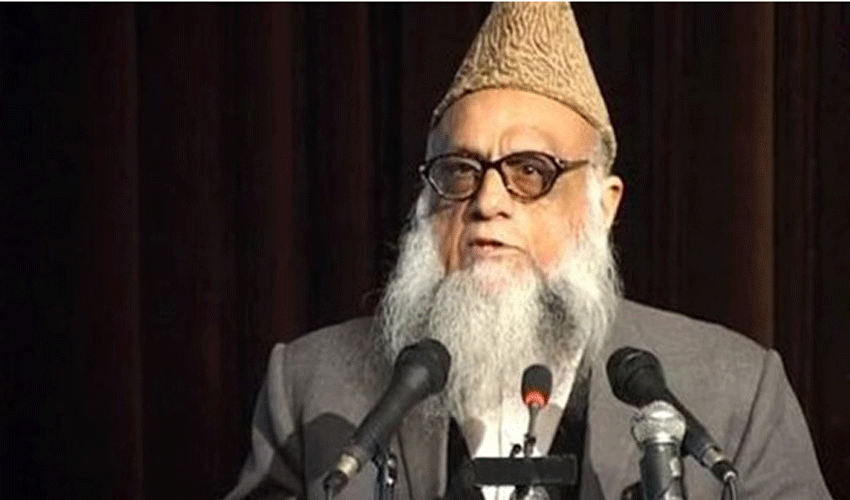The Council of Europe human rights organization announced that the nations who drafted the first legally binding international AI pact, which includes the US, the UK, and members of the European Union, will be eligible to sign it on Thursday, according to Reuters.
After years of development and debate involving 57 nations, the AI Convention was finally adopted in May. It promotes responsible innovation while addressing potential concerns associated with AI.
Britain's justice minister, Shabana Mahmood, said in a statement that "this Convention is a major step to ensuring that these new technologies can be harnessed without eroding our oldest values, like human rights and the rule of law."
The EU AI Act went into effect last month, but the AI Convention is focused primarily on protecting the human rights of anyone impacted by AI systems. Comprehensive rules on the creation, application, and use of AI systems within the EU internal market are contained in the EU's AI Act.
Founded in 1949, the Council of Europe is an international organization separate from the European Union with the mission of defending human rights. All 27 EU member states are among its 47 members.
A group on Artificial Intelligence was established in 2022 and tasked with drafting and negotiating the convention's language after an ad hoc group began investigating the viability of an AI framework convention in 2019. To put the clauses into effect, the signatories may decide to enact laws, enact administrative rules, or take other actions.
According to Francesca Fanucci, a legal expert at ECNL (European Center for Not-for-Profit Law Stichting), who worked with other civil society organizations to develop the treaty, the agreement has been "watered down" into a vague list of principles, as she told Reuters.
"The formulation of principles and obligations in this convention is so overbroad and fraught with caveats that it raises serious questions about their legal certainty and effective enforceability," she said.
Fanucci cited two faults in the system: inadequate examination of private enterprises compared to the state sector, and exemptions for AI systems employed for national security purposes. "This double standard is disappointing," she continued.
In order to guarantee that it can properly execute its new criteria, the UK government stated that it would collaborate with regulators, the devolved governments, and local councils.


























